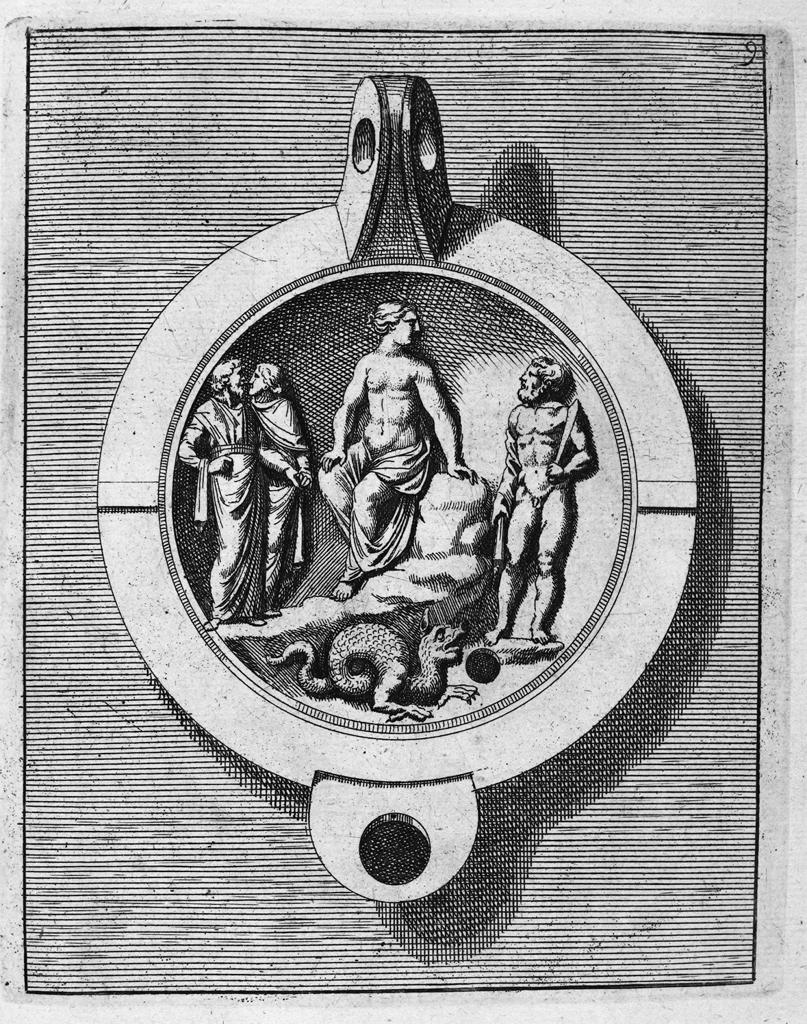Two young Roman emperors met untimely ends on 11 February, Britannicus in 55 and Gordian III in 244.
Gordian III (formally, Marcus antonius Gordianus Pius Augustus, born 20 January 225) was Roman Emperor from 238 to 244. At the age of 13, he became the youngest sole legal Roman emperor throughout the existence of the united Roman Empire. Gordian was the son of Antonia Gordiana, the daughter of Emperor Gordian I and younger sister of Emperor Gordian II.
Alexander Severus’ assassination had catapulted Rome into political chaos. Six men claimed the throne in 238. Maximinius Thrax died besieging Rome, Gordian I committed suicide upon the death of Gordian II, and Pupienus and Balbinus were butchered by the Praetorian Guard. Some members of the Roman Senate conspired with the Praetorians to place Gordian I’s grandson on the throne. On 29 July 238, the Senate and Praetorian Guard proclaimed 13-year-old Gordian III emperor.
Gordian was not old enough to reign in his own right. Rome’s nobility assumed power and administered the empire. In 241, the emperor married the daughter of the head of the Praetorians, Timesitheus. As a result of the marriage and his position, Timesitheus became Rome’s ruler. The situation suited the inexperienced emperor, who had to defend the borders.
The Year of Six Emperors ended with Gordian III’s ascension. Gordian spent his reign fighting on the frontiers while his father-in-law, Timesitheus, essentially ruled Rome. The emperor’s reign lasted six years before Timesitheus’ death. Gordian died in battle shortly after his father-in-law.
Gordian III’s reign lasted longer than his five immediate predecessors. The people and politicians loved the emperor and his father-in-law ruled wisely in his stead. Gordian fought and defeated the Persians, but domestic policies undercut his military campaign. Gordian III died in battle leaving the throne to Phillip the Arab.
Tiberius Claudius Caesar Britannicus (born 12 February 41), usually called Britannicus, was the son of Roman emperor Claudius and his third wife Valeria Messalina. For a time he was considered his father’s heir, but that changed after his mother’s downfall in 48. The next year, his father married Agrippina the Younger, Claudius’ fourth and final marriage. Their marriage was followed by the adoption of Agrippina’s son, Lucius Domitius, whose became Nero. His step-brother would later be married to his sister Octavia, and soon eclipsed him as Claudius’ heir. Following his father’s death in October 54, Nero became emperor. Nero murdered Britannicus on 11 February 55, his fourteenth birthday.
Reference: Trevor N. Dupuy. “Gordian (Gordianus) III, Marcus Antonius (c. 225-244).” The Harper Encyclopedia of Military Biography, HarperCollins, 1992, p. 285A. [http://link.galegroup.com/apps/doc/A17065980/ITOF?u=21667_hbplc&sid=ITOF&xid=fdc3aef9.]
Emperor Gordian III, c. 242-244. Musée du Louvre Nr. MA 1063, MR 513. Photographer: Hervé Lewandowski
Coin of Gordian III: detail: Colosseum with colossus of Nero, First Century. Photo: University of California, San Diego.
Workshop of Michael Wolgemut and Wilhelm Pleydenwurff, Emperors Maximinus Thrax, Gordian I, Gordian II, Philip the Arab (Philippus Arabs), Marcus Julius Severus Philippus, Decius, folio 119r, 1493. The Warburg Institute Library, Nr. b2286604222.
Triumph of Shapur I., ca. 241-272. Naqsh-i-Rustam, Iran. The Sassanid relief commemorates Shapur’s victory over three Roman emperors, Gordian III, Valerian and Philip the Arab. Bryn Mawr College Image Collection.
Empress Messalina, wife of Emperor Claudius, carrying Britannicus c. 45 (stylized Roman copy of a 4th century BCE Greek original). Musée du Louvre, Nr. MR 280 (Ma 1224).
Portrait head of Britannicus, c. 48 or 49. Museum of Fine Arts, Boston. Nr. BMFA.69.27.
Further Reading: Christopher Scarre. Chronicle of the Roman Emperors: The Reign-by-Reign Record of the Rulers of Imperial Rome. London; New York: Thames and Hudson, 1995.
Anthony Blond. A Brief History of the Private Lives of the Roman Emperors. Philadelphia: Running Press, 2008.





